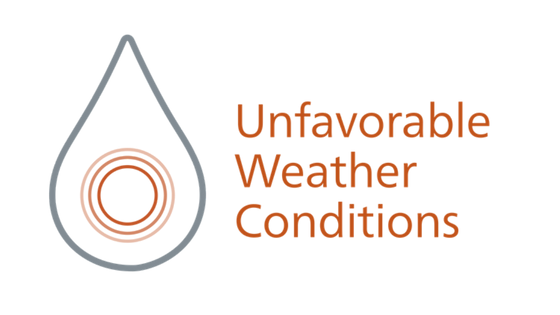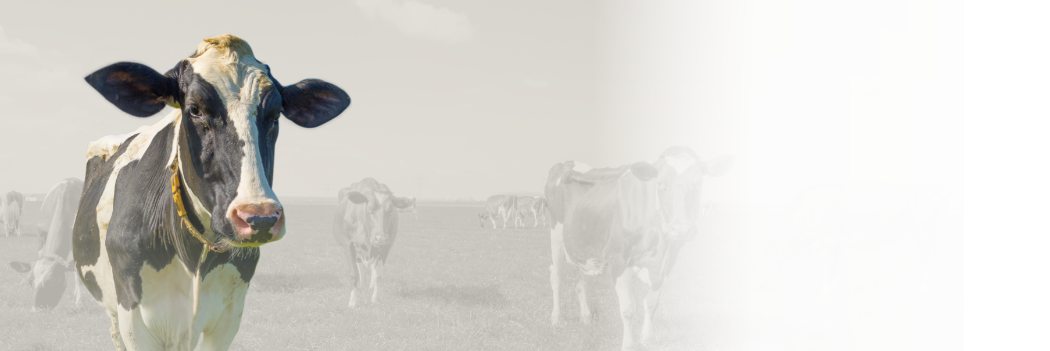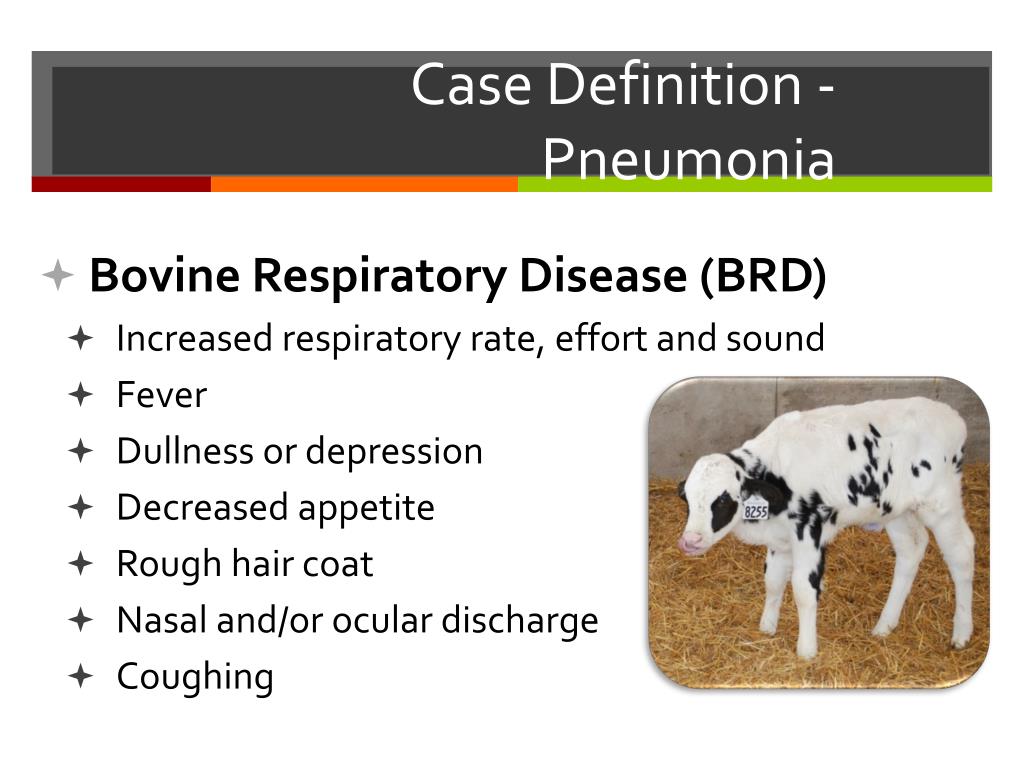How do you treat scours in a bottle calf? Recommended treatments for calf scours: The highest priority in treating scours is to give back to the calf 15 How do I know if my calf has scours? 16 Will scours eliminate a calf? 17 What causes white scours in calves? 18 Can older calves get scours?

ncba alltech
Do You Know how to manage calf scours?
Discover how to treat scours in calves. This 4-point calf scours prevention program includes: pathogen exposure reduction, a vet-approved vaccination plan, proper While the causes of scours vary, scours in cattle is almost entirely avoidable by good management, proper feeding and prevention.
What causes calf scour? Scour in young calves is caused mainly by parasites and viruses. These infectious agents damage the lining of the intestines, so that water and electrolytes cannot be absorbed effectively. A number of infectious agents can cause scour in calves. It is not possible to tell from
Scours is known as "calf scours" or neonatal calf diarrhea. The primary causes of scours include: Rota virus, Corona virus, Cryptosporidium parvum, Salmonella, and Calves may develop scours due to bacterial or virus infections.
Common signs of calf scours: Watery stools that may be brown, grey, green, yellow in color. Occasionally blood and mucus may be evident in the stools. Depending on the cause(s) and the severity of the infection, a case of scours in a calf can last 1-2 days or as long as 2 weeks.

calf alltech scours causes leading
Scours is the livestock term for diarrhea, so it isn't hard to recognize in calves. In addition to having poor stool quality and consistency, an affected calf appears depressed and may stop nursing. Calves who receive colostrum from their mothers within 24 hours of birth are less likely to scour
Calf scour is a major issue for young calves during the cold period. Calf scours is not a single disease; it is a clinical sign associated with several Calving pens are a leading source of scour in young calves. As the calf is born without any immunity, calving pens must be kept clean and dry,
The most common illness in young calves is scours. According to George Barrington, Washington State University The Sand Hills calving method, in which the cows that have not yet calved are moved to a new, clean pasture every two weeks, is one way to help prevent scours in young calves.
One doesn't bottle feed as many baby calves as I have though the years and not have their fair share of the scours or calves with diarrhea. But anyone who has ever had a herd of cattle has at some point had at least one or two head get the scours.
Calf scours can be caused by the same organisms that cause intestinal disease in humans. To avoid getting ill, it is advisable to Although more common in hand-reared calves, it can also occur in calves which are being suckled by their mothers. Scours can be caused by many organisms, and more
Viral Scours Rotavirus Scours. A reo-like virus can cause scours in calves within 24 hours of birth. G95-1224-A How to Write a Dairy Job Description This NebGuide leads you through the process of developing a job description for positions in the dairy industry.
A calf scour outbreak can be an extremely time-consuming, frustrating and costly event for farmers and can impact the ongoing heath of calves. Even if calves recover from these infections they may never perform as well as non-affected animals. The cost of treating scours in individual herds can be
Calf scours causes more financial losses to cow-calf producers than any other health problem in their herds. Calf scours is not a single disease; it is a clinical sign associated with several diseases characterized by diarrhea. Regardless of the
How can I prevent calves developing calf scours? Colostrum is the 'first milk' produced by the cow. Test results will allow your veterinarian to advise on suitable treatments for the calves and to work with you to put appropriate management practices in place to stop the outbreak and reduce the chance

scours scour
Jump to Key Section What Causes Scours in Cattle? How to Treat Scours Another non-infectious cause of scours in newly born calves is a poorly maintained environment.
Scours in calves can be caused by any of several viruses, bacteria and protozoa. Three of the most common are E. coli, rotavirus and corona virus but these are many other but less causes of scours. Even though there are many different causes, all calves that get scours lose their body water
Calf scours sometimes referred to as enteritis (inflammation of the intestines), doesn't refer to a specific disease. It's a symptom - diarrhea - that is The causes of calf scours fall under two different categories: noninfectious and infectious. Noninfectious causes are mainly seen as contributing
What is scouring in calves? Scours is a term for diarrhea; another term that may be applied to this disease is "enteritis," which means inflammation of the intestinal tract. Whilecattle of any age can develop diarrhea, most cases of calf scours occur under one month of
How to prevent and treat scours in calves. Natalie Noble 17 August 2020. >More in. Beef. Dairy. Feed and nutrition. Health and welfare. Livestock. Youngstock management. © Tim Scrivener. While disease can be a trigger for calf scours, so can early calf
One may also ask, how do you treat nutritional scours in calves? Develop a routine milk feeding program, with as few people involved as possible. Wean early to minimise the period of milk feeding. Quickly respond to early symptoms of scours, isolate sick calves and address the cause.

colostrum calf scours newborn feeding calves drinking bottle calving preventing replacers serum supplements value based wishlist source ecosyl feedlot

Symptoms of scours. Scouring calves can lose up to 5 L fluid each day including minerals salts essential for Scouring calves should be isolated in a clean, dry and warm pen. Frequent small feeds of A decision must then be made as to how to administer the electrolytes. If the calf is able to

ncba v56
Calves that continue to receive milk or milk replacer during a bout of diarrhea recover faster and gain more weight than calves from which milk is withheld a day or There are many different approaches for how to "best" treat calf diarrhea. Some of these are supported by evidence and others are not.

vet muleshoe supply

disease nasal pneumonia calves heifers health discharge ppt powerpoint presentation brd
1. Stop calf scours early. % diarrhea = Total number of calves with a fecal score of "4" x 100 / Number of calves in pen. For more information, including on how to unsubscribe, please review our Privacy Policy .
Risk periods for scours-causing agents in calves (chart). How to treat? Scours is the common name for diarrhea in calves. Diarrhea is a disease of the digestive system characterized by watery feces and increased frequency of bowel movements.
Scours is one of several management disease complexes where integrated prevention strategies and attention to detail in multiple areas are required for success.
Causes of Calf Scour. Calf scours is not a single disease. It is the combination of the many Metronidazole or Secnidazole to stop diarrhea. Broad-spectrum antibiotics like Oxytetracycline or Prevention and Control of Calf Scour. Prevention is the most important in calf scours than treatment.

scours calf cattle beef war calving livestock beefmagazine 1999 cows magazine toe going tips
How to Prevent Calf Scours. Scours results from a combination of noninfectious and infectious factors. It is critical that you use more than one method to control the problem. Your prevention efforts should complement each other. Keep in mind that prevention should occur year-round, not just
To prevent dairy calf scours, use a system-wide approach that includes, cow health, colostrum management, calf nutrition, cleaning and sanitizing, and vaccination. Scours causes dehydration in calves and is the leading cause of death in calves under one month of How to prevent calf scours.
Calf scours - diarrhea occurring in the first 30 days of a calf's life - is caused by viruses, parasites, bacteria, or any combination of those. The exact cause is less important than prompt treatment, says John Middleton, University of Missouri professor of food-animal medicine.
